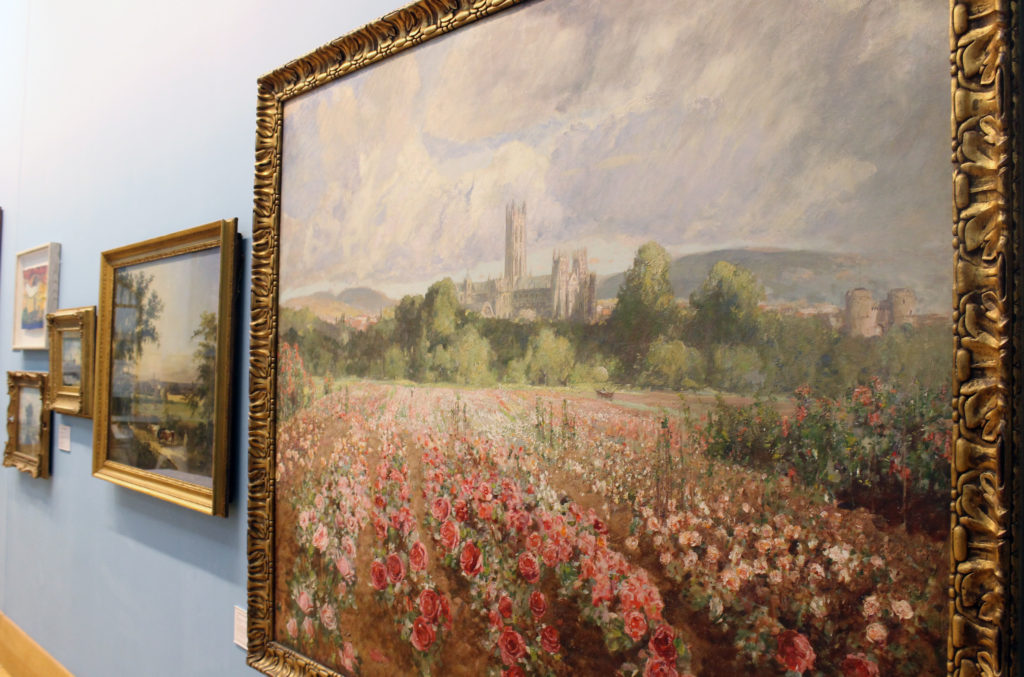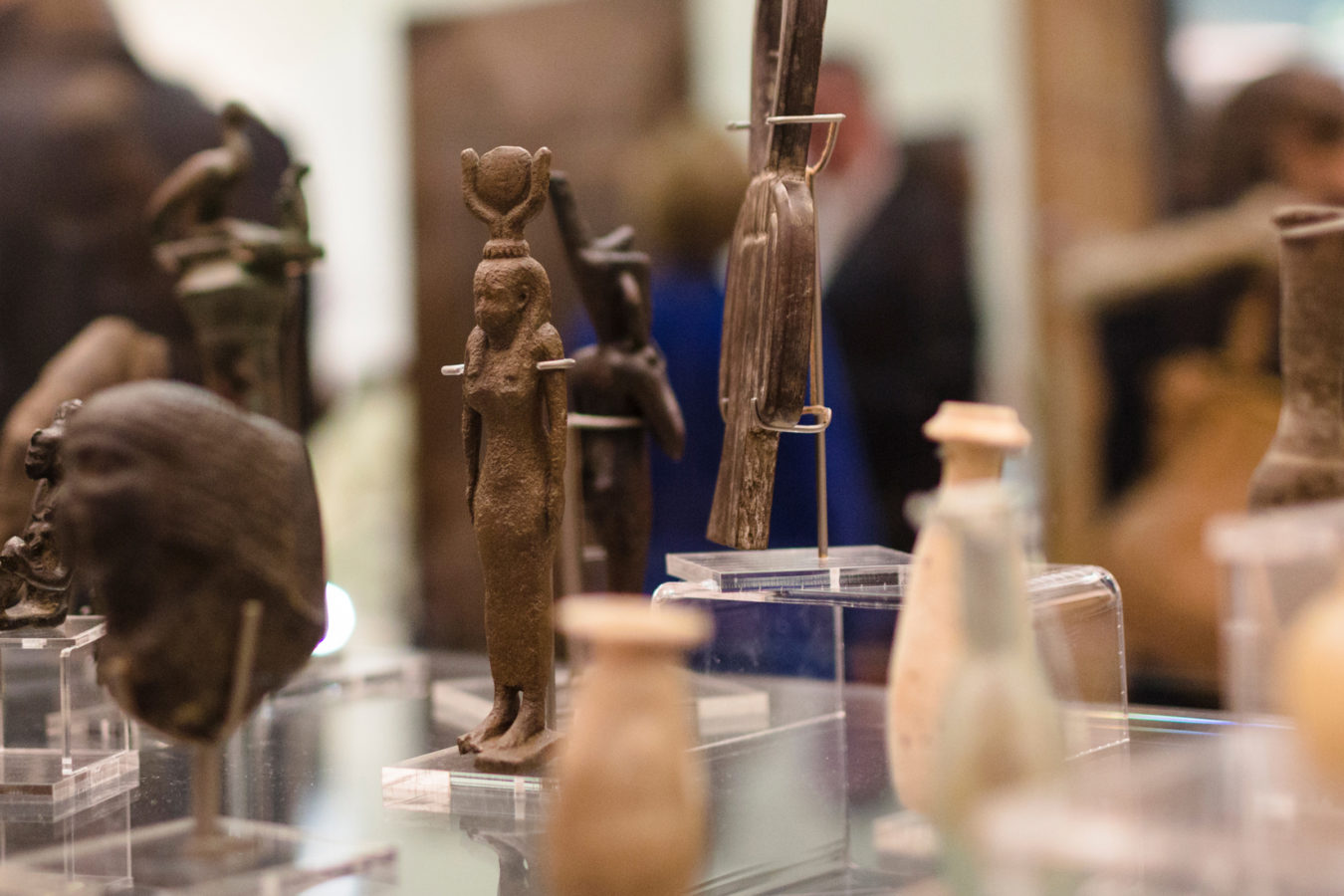
Easter fun at the museums!
Exhibitions, trails and activities; six fun things for all the family to enjoy at The Beaney and...
Becoming the day of excess and gluttony that we know today, this was a day of penitence, repentance and fasting; the name Shrove comes from ‘shriving’, which refers to the act of cleansing one’s soul through confession and absolution before the beginning of Lent.
This ancient tradition can be traced back over 1000 years to the Anglo-Saxons. Called to confession by a ringing bell (which, in modern times, came to be called the ‘Pancake Bell’), they were ‘shriven’ through confession and spent the run up to lent in penitence. A monk in the Anglo-Saxon Ecclesiastical Institutes says:
In the Middle Ages this tradition evolved to include the consumption of the foods that were forbidden during Lent. Gradually the last day before the beginning of Lent became a day of indulgence and joyous celebrations, which led to the creation of one of the most loved recipes –pancakes. Shrove Tuesday was morphing into Fat Tuesday, or Mardi Gras.
Eggs, milk and fat were among the most common ingredients in British households and since they had to be consumed before Ash Wednesday, the beginning of the fasting period, pancakes became the common way to do so.
The pancake craze did not limit itself to people’s tables, but made its way to the streets! It began in the town of Olney in 1445. One woman, still making pancakes when she heard the church bells ring with their call to worship, ran to church with her apron still on and frying pan in hand. This led to the introduction of pancake races, in which local housewives raced to the call of the Church bell, flipping pancakes as they went.
Nowadays, pancake races are popular all over the UK and are an expression of our excitement for the simple, yet irresistible dish that marks our Shrove Tuesday tradition.
Want to know more about the ancestors who gave us Shrove Tuesday? The Beaney has a great collection of finds from Anglo-Saxon Kent!
Written by Patrizia, Marketing Volunteer, Canterbury Museums & Galleries
